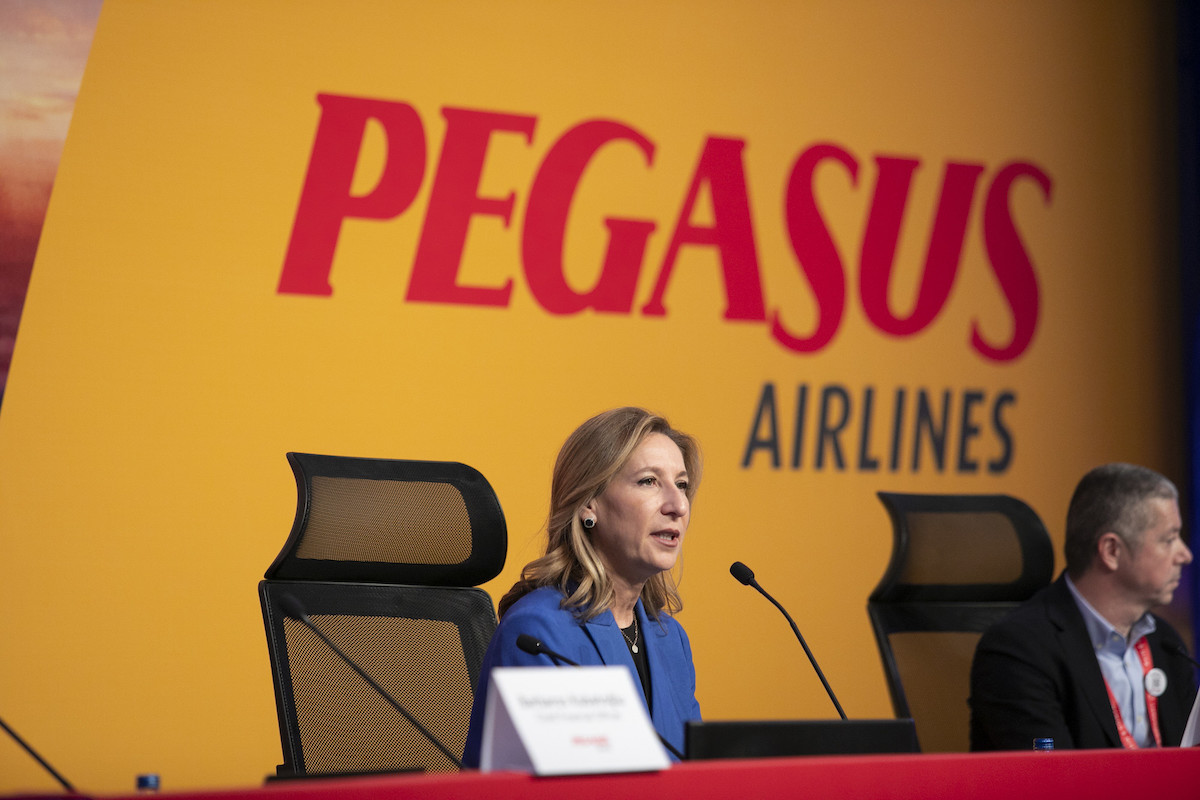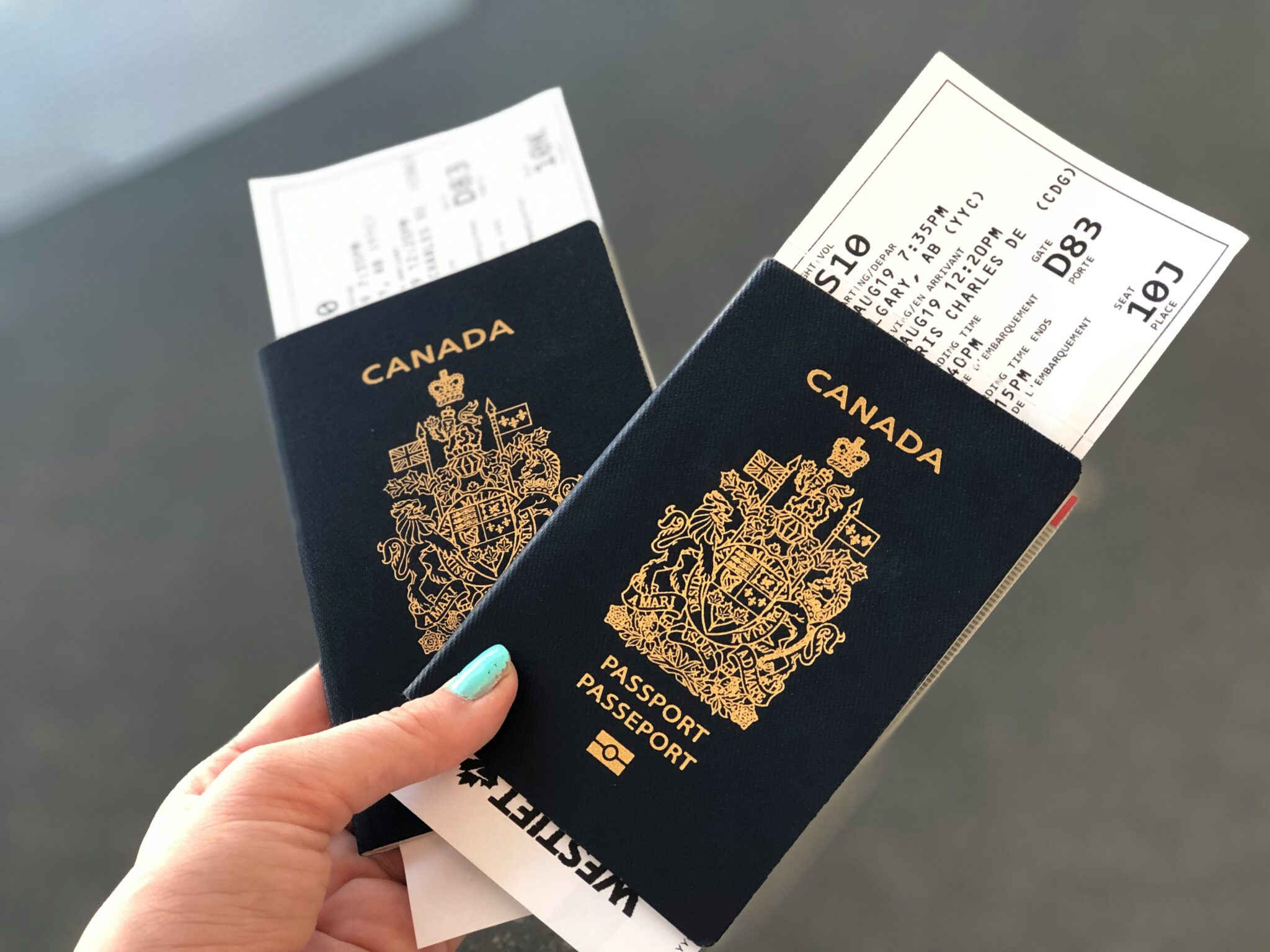Turkey's Pegasus Airlines Sees Strong Demand But Airfares Fall

Skift Take
Travel demand to Turkey, an increasingly popular tourist destination, remains strong even as post-pandemic "revenge travel" ends, Pegasus Airlines CEO Güliz Öztürk said.
Good right? Yes and no.
"The demand is strong but the pricing environment this year is not as strong as last year," Öztürk said at the Routes World conference in Istanbul on Sunday. In other words, airfares are down even as people remain eager to visit Turkey.
Pricing, or airfares, are close to 2019 levels even as overall travel demand remains up into the winter, she added. And, even with the drop, Pegasus' financial health is "robust;" the airline is among the most profitable in the world with a 22.4% operating margin in the second quarter.
The reason for falling airfares to Turkey is simple: More airline capacity. Significantly more. Total airline seats to Turkey were up 17% in the third quarter compared to last year, and up 16% to Istanbul's two airports, Istanbul International in Europe and Sabiha Gökçen in Asia, according to Cirium Diio schedules. The airports count EasyJet, El Al, Saudi Arabia's Flyadeal, and Wizz Air among the lengthy — and growing — list of new airlines serving the city.
Turkey's largest airline, flag carrier Turkish Airlines, flew 15% more seats in the third quarter, Cirium Diio data show. And Pegasus, the country's second largest airline, grew the same amount.
Öztürk said the leisure airline plans to grow roughly 20% this year compared to 2022. It fully recovered from its pandemic cuts last year.
Pegasus Airlines Investing to Meet Strong Demand
Turkey has emerged a visitor hotspot. Visitors have flocked to the cultural and historic sights in Istanbul, beaches in Antalya, and the country's many other attractions. In addition, hosting numerous international conferences — like Routes World — and sporting events, including the UEFA Champions League football final in June, have also raised its global profile.
Tourist arrivals in Turkey were up 7% from pre-pandemic in the first half of the year, United Nations data cited by Turkish Airlines to investors show. The country was the fourth most visited in the world after Spain, France, and the U.S. last year.
This surge in visitors to Turkey is expected to continue, even with the conflict in nearby Israel and a devastating earthquake in eastern Turkey earlier this year. That's great news for the country's airlines.
Pegasus ordered more planes, 239-seat Airbus A321neos to be exact, in July that brought their firm orderbook to 78 aircraft. Those planes will be used for growth when they arrive later this decade.
"To grow, you have to grow your fleet," Öztürk said.
The discounter plans to use the planes in its orderbook to expand to Europe, the Middle East, and former Soviet block countries like Kyrgyzstan, she said. Pegasus currently flies as far west as Casablanca and Manchester, and as far east as Almaty and Karachi.
Turkish Airlines also plans its own order for new planes, a mega deal for up to 600 aircraft, in the near future to fuel its own growth.




